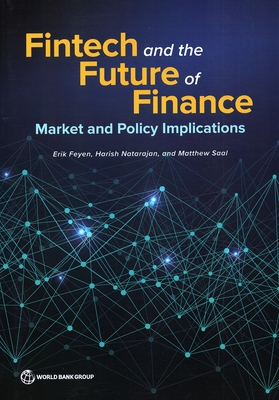Fintech and the Future of Finance: Market and Policy

Fintech and the Future of Finance: Market and Policy
Fintech--the application of digital technology to financial services--is reshaping the future of finance. Digital technologies are revolutionizing payments, lending, investment, insurance, and other financial products and services--and the COVID-19 pandemic has accelerated this process. Digitalization of financial services and money is helping to bridge gaps in access to financial services for households and firms and is promoting economic development. Improved access to basic financial services translates into better firm productivity and growth for micro and small businesses, as well as higher incomes and resilience to improve the li
Descrierea produsului
Fintech--the application of digital technology to financial services--is reshaping the future of finance. Digital technologies are revolutionizing payments, lending, investment, insurance, and other financial products and services--and the COVID-19 pandemic has accelerated this process. Digitalization of financial services and money is helping to bridge gaps in access to financial services for households and firms and is promoting economic development. Improved access to basic financial services translates into better firm productivity and growth for micro and small businesses, as well as higher incomes and resilience to improve the li
Detaliile produsului












